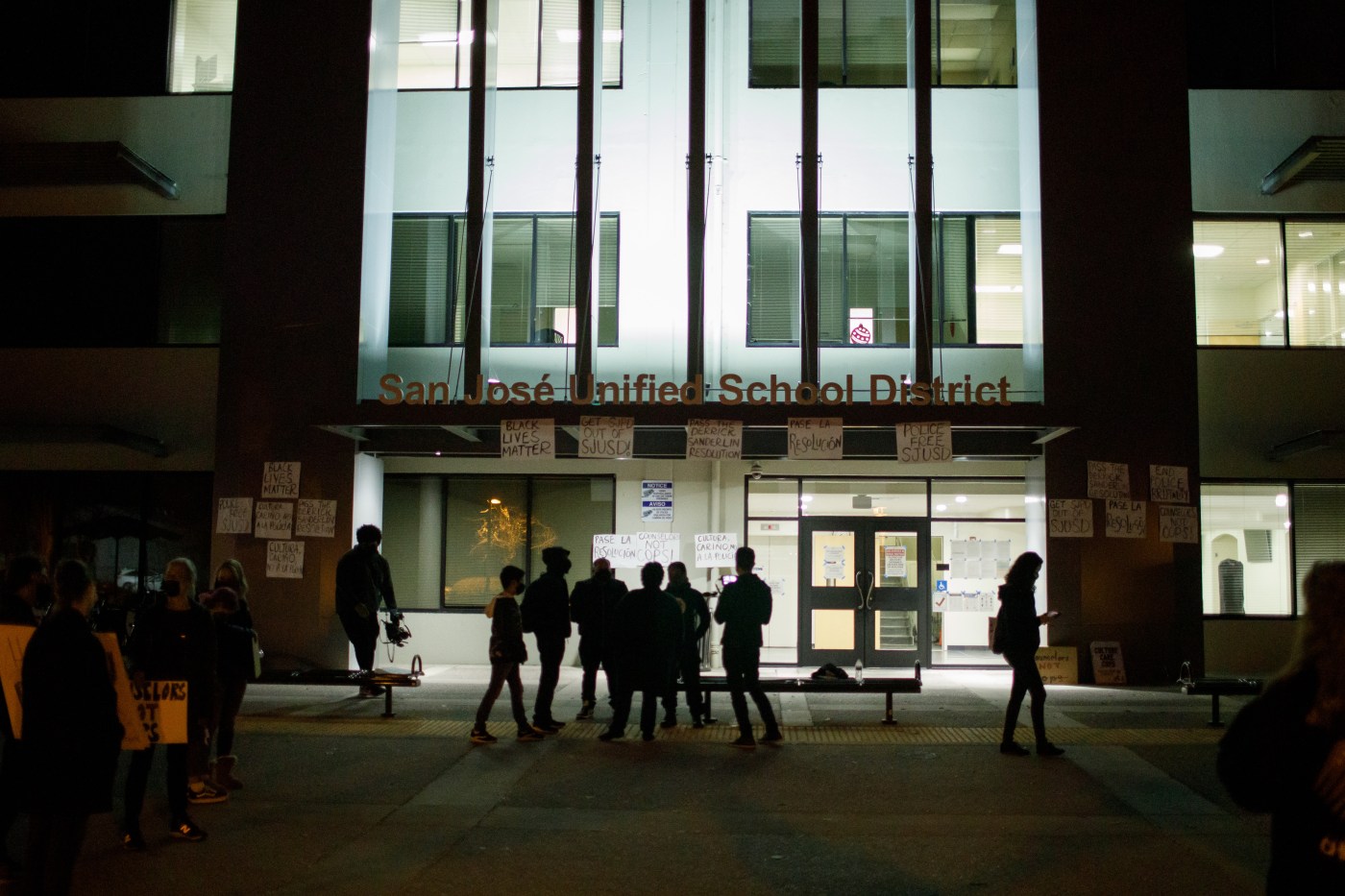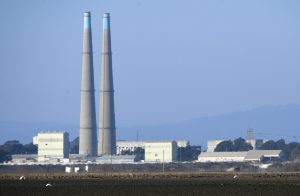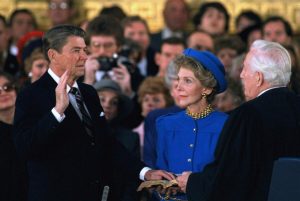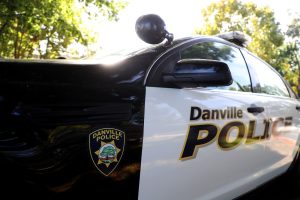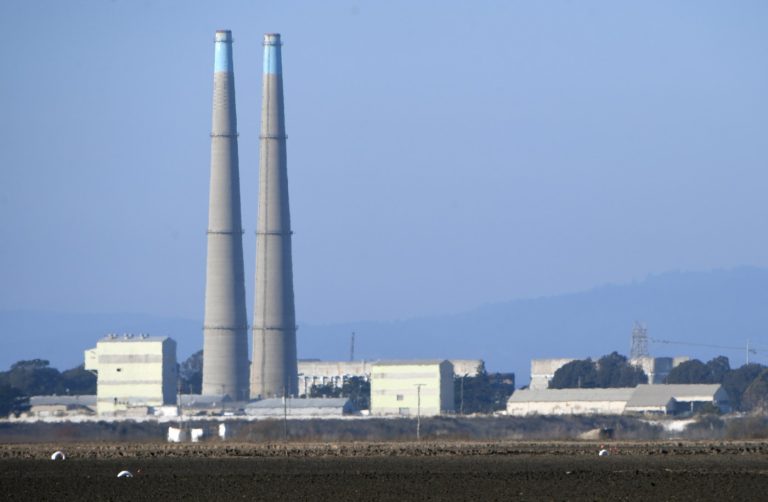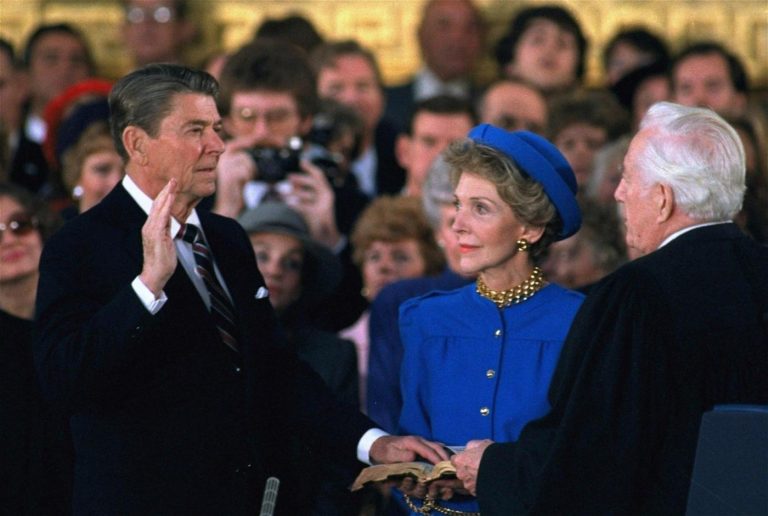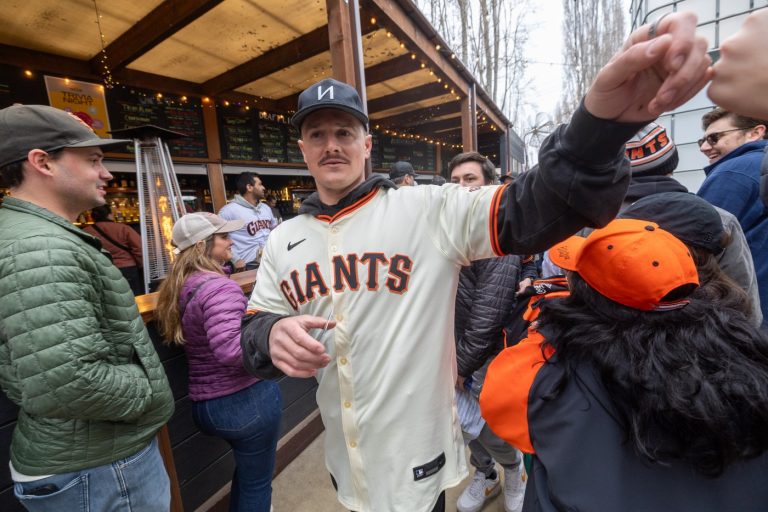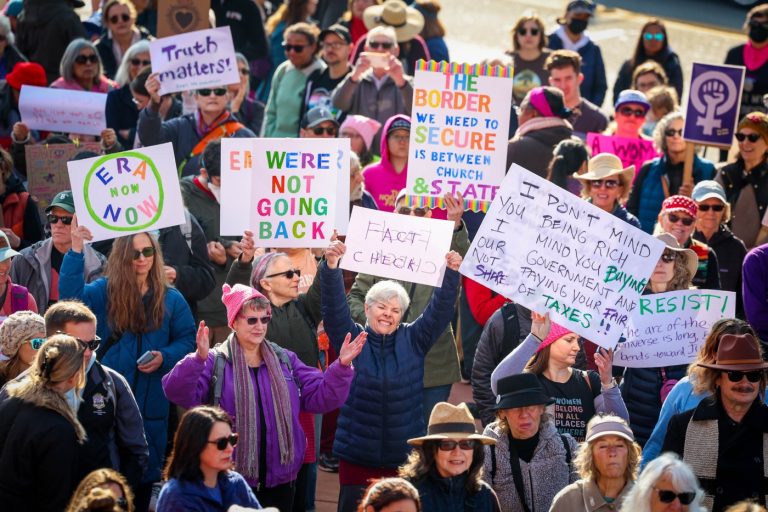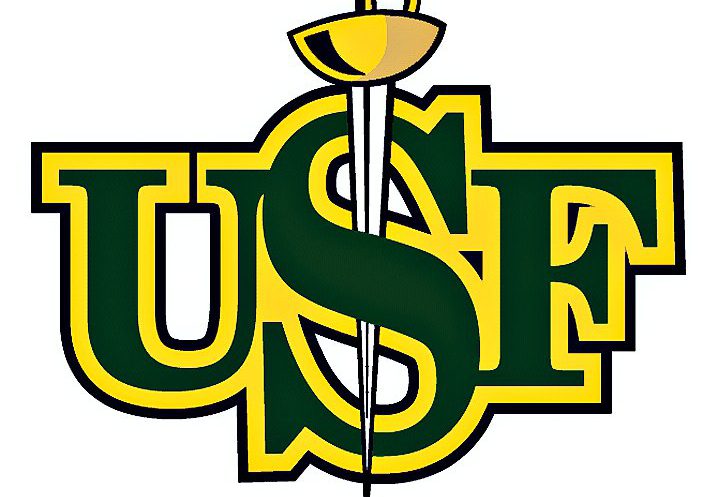San Jose Unified School District’s board of trustees Wednesday night rejected critical findings in a Santa Clara County Civil Grand Jury that assailed the South Bay’s largest school district over everything from student safety to board meeting access.
The board voted unanimously to approve a response rejecting nearly all of the watchdog panel’s findings in a five-hour meeting rife with lengthy discussion, tension and, at times, scathing criticism of the grand jury itself as too old and white.
“I am concerned about . . . the ethnic makeup of this grand jury,” said board president Wendi Mahaney-Gurahoo. “It does not represent the people we serve. I am concerned that it’s white people mostly telling us ‘we don’t like what you do.’ And I’m a white person.”
Santa Clara County Superior Court, which recruits a civil grand jury each year to investigate complaints about problems with public agencies, said the grand juries’ findings are their own. The foreperson for the civil grand jury that issued the report did not respond to a request for comment.
The district had 90 days from the civil grand jury report’s publication on June 10 to respond but pushed board members to approve the response Wednesday night in an effort to resolve the issue before school starts in two weeks.
The civil grand jury dropped the 42-page report last month, which expressed concern over an unusually high rate of leadership turnover, a lack of student wellness centers, issues with school safety and employee investigations and an overall lack of transparency. The report also called out the district’s board of education for failing to ensure district accountability and provide leadership.
The district’s 24-page written response alternated between acknowledging its “dark” history in the last 40 years — a desegregation court order, bankruptcy, labor disputes and the former superintendent’s arrest for stealing money and falsifying documents — and pointing out the significant progress it has already made on many of the civil grand jury’s areas for improvement.
Renata Sanchez, president of San Jose Unified’s Teacher Association, echoed the progress the district has already made in a public comment at Wednesday’s meeting.
“There was no finding in this report that I have not already had conversations about with district leaders,” she said. “…The findings are already areas that have been identified…as areas of growth for the district…We still have a lot of room to grow, but have laid some groundwork towards that.”
The district’s response called the grand jury’s findings unsubstantiated, misleading and narrow. The district said that the civil grand jury’s 80 interviews were unrepresentative of the district’s community, limited in scope and heavily concentrated on two of the district’s 41 schools.
“San Jose Unified School District is disappointed that much of the Civil Grand Jury’s report consists of opinions that are not supported by specific and accurate examples, properly interpreted data or rigorous research,” the district said in the response.
District leaders and board members jumped between expressing their respect for the civil grand jury and its work, and questioning the diversity of its members and investigatory methods.
According to the 2023 civil grand jury demographic data, 78% of the 58 prospective jurors were white and 59% were 65 years or older.
Trustee Carla Collins said her interview with the civil grand jury left her feeling “concerned” about democracy and the biased view of the investigation.
“I left feeling…concerned that this is trouble if this is the way an important check and balance is being used in our county,” Collins said. “What I experienced was a small, silent group led by a few clearly disgruntled, empowered members.”
Parent response was mixed, with some validating the district’s criticism of the civil grand jury while others expressed disappointment over the district’s decision to reject the report’s findings.
“I was really disappointed and concerned that most of the response seemed to be denial and defense about the report,” said Trudi McCanna, a Willow Glen parent. “If we can’t acknowledge that we have problems then we can’t address them.”
The board struggled to agree on two areas of concern: school safety and public access to board meetings. The district’s response acknowledged that further analysis needs to be done on safety planning and emergency responsibilities, but also criticized the civil grand jury’s failure to interview two crucial district safety leaders.
The board also debated the civil grand jury’s findings on public access to board meetings, ultimately adding in a line that it would explore ways to potentially livestream or video-record meetings in the future.
Currently, Silicon Valley’s largest district does not video-record meetings or publish presentations used at board meetings. Community members can access audio records and meeting agendas online, but must request supporting documents or attend meetings in-person to participate.
The district’s superintendent, Nancy Albarrán — who said she enjoys watching public board meetings of other school districts — said the district’s decision to not livestream or record meetings may be unpopular but stems from a desire to save money, protect community members’ privacy and prevent disruption.
Albarrán continued that in a large district like San Jose Unified where there is “a lot of diversity of opinion,” the boardroom is not the best place to have discussions. She said that livestreaming or recording board meetings would cause a disruption to how the board conducts its business because it introduces “unpredictable elements.”
But community members argued that the district’s refusal to record and livestream meetings excludes those who can’t attend in person and leads to miscommunication or confusion.
The district acknowledged the civil grand jury’s report was limited because members only had access to data and documents that are publicly available. But trustee Teresa Castellanos argued that was the whole problem.
“The community doesn’t know what we’re doing,” she said. “This gave us an excellent opportunity to respond about what we’re doing, but we should not have to respond to the civil grand jury about what we’re doing. We should be doing that on a regular basis and we should be communicating that on a regular basis.”
